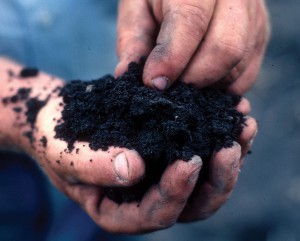Long-term study confirms benefits of organic farming for soil organisms
A recent study published in Agronomy for Sustainable Development has confirmed that organic farming is beneficial for soil organisms. The study compared soil organisms among fields that had been managed using different farming practices for 14 years as part of a long-term study. The study fields were managed conventionally, organically, or using conservation agriculture techniques. Conventional plots utilized synthetic pesticides and fertilizers to maximize yield. Organic plots were managed using non-synthetic pesticides and fertilized with green manure. Weeds were managed by tilling the soil. Conservation systems did not till the soil, used grass cover crop and only used minimal organic-based pesticides when necessary. Scientists quantified soil chemistry, microbial communities, and communities of larger animals that live in the soil such as earthworms, beetles and nematodes. “Long-term conservation and organic alternative cropping systems improved the abundance and/or biomass of soil biota and altered the structure of the soil food web compared to a conventional system,” the study reported. Abundances of larger soil animals increased from 100 to 2,500% and microorganisms increased from 30 to 70% over the conventional field with conservation agriculture demonstrating the healthiest and most diverse soils.



